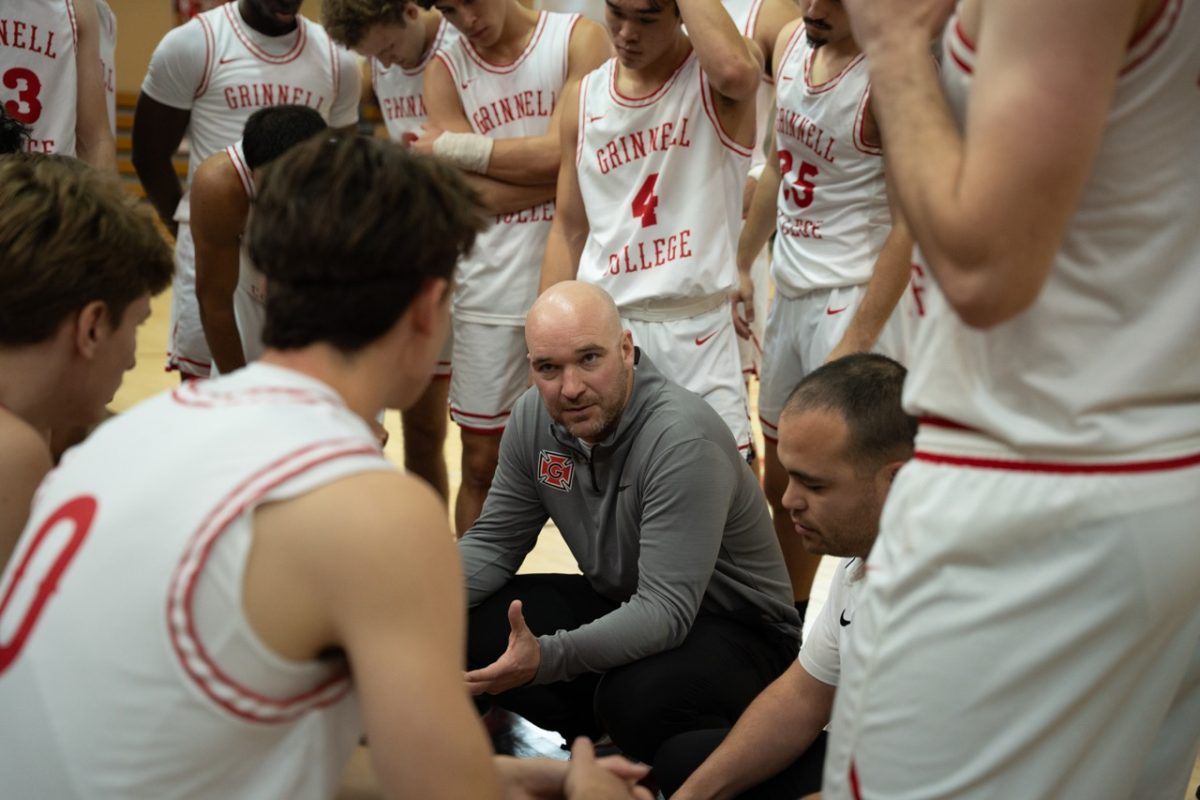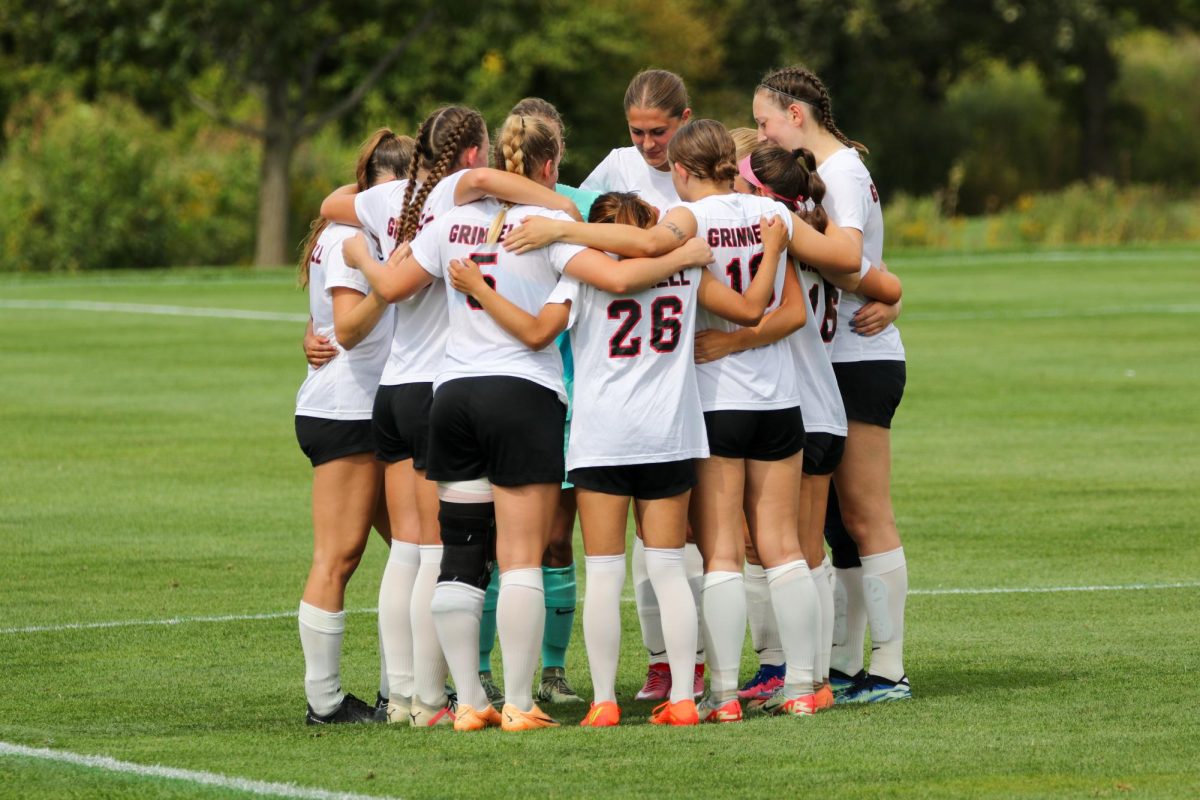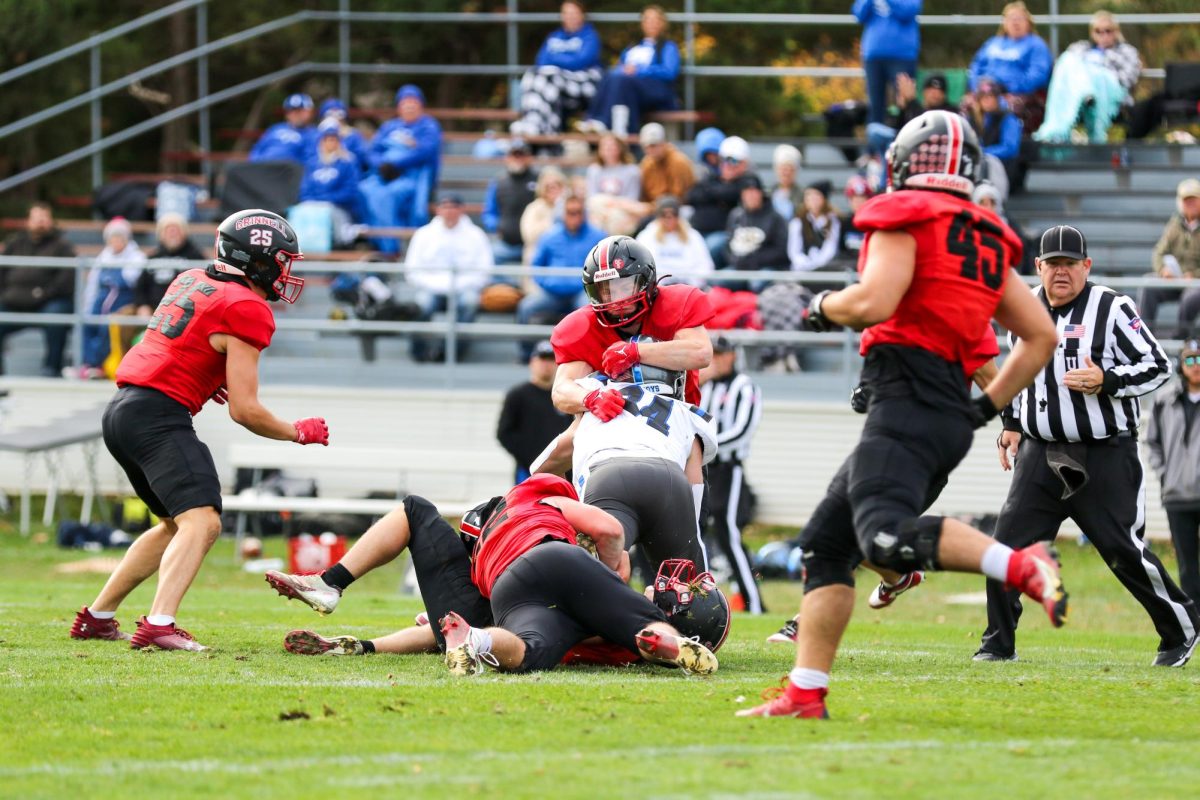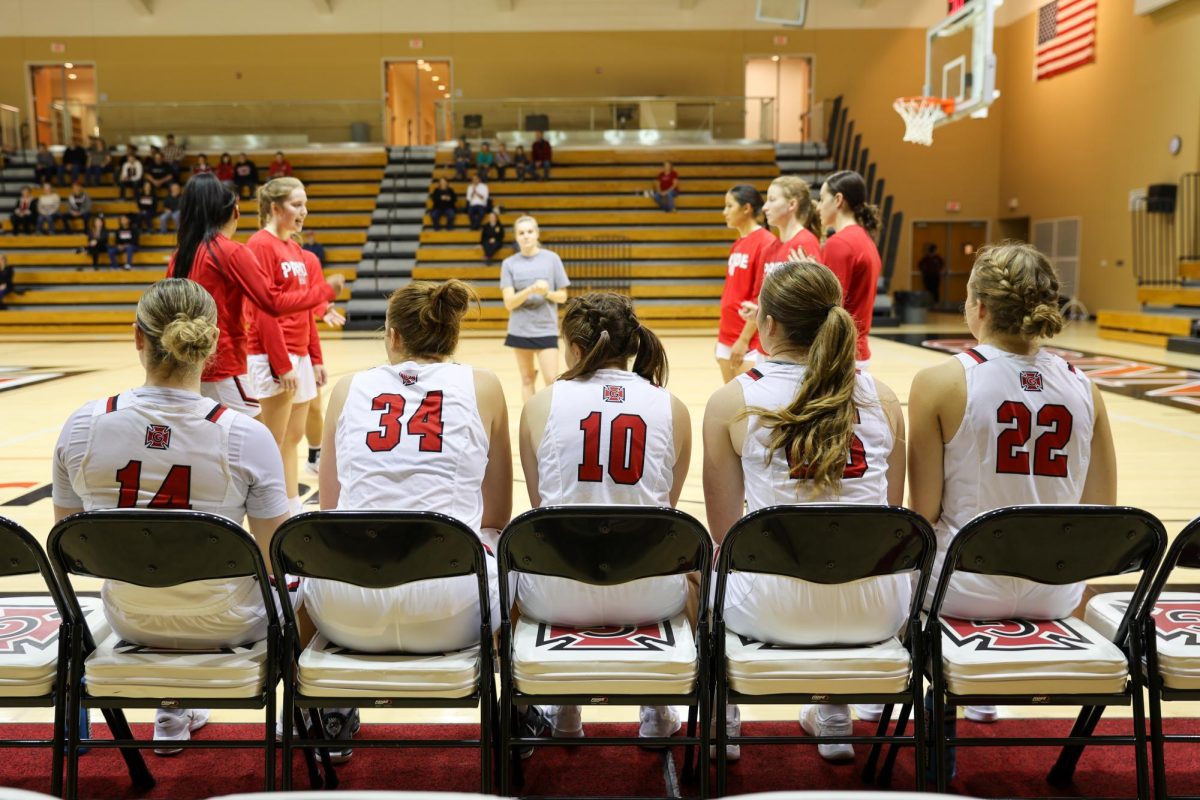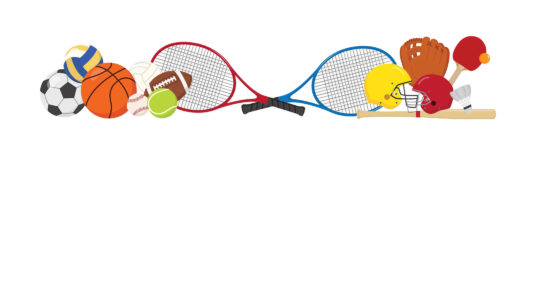
When the 2018 Academy Awards are presented in March, the most famous person in attendance will not be an actor or an actress; rather, they will be an athlete.
Kobe Bryant, former NBA superstar for the Los Angeles Lakers, was recently included among the list of nominees in the category of Best Animated Short Film for his five-minute feature film entitled, “Dear Basketball.” The project, which is scored by legendary composer John Williams and directed by Walt Disney animator Glen Keane, revolves around a poem which Bryant wrote for The Player’s Tribune upon announcing his retirement from professional basketball in 2015.
The film itself is mesmerizing, mostly due to Williams’ haunting music and Keane’s poignant animation, which both transport viewers between Kobe’s childhood as well as his time as an NBA star. Bryant’s poem is rather amateurish (I found the line “I never saw the end of the tunnel/I only saw myself/Running out of one” to be particularly cringe-worthy), but the fact that he has been able to put himself in the position to work with geniuses like Williams and Keane is admirable, surprising even, given the difficulty that many American professional athletes have in finding economic success post-retirement.
In a 2009 expose for SI: The Magazine, ESPN journalist Pablo S. Torre laid out the facts that after two years, 78 percent of former NFL players have gone bankrupt or are under financial stress because of joblessness or divorce, and within five years of retirement, an estimated 60 percent of former NBA players are broke. These statistics shocked the sports world, and they forced current and former players alike to confront their own athletic mortality.
The most popular path for former athletes who seek a steady source of income is either a job in management/coaching or in sports media. The latter position can be quite lucrative, and thus often attracts the most talented players or those who are particularly educated, well-spoken, or charismatic. Although many of these men and women find niche roles as “experts” in their chosen sports, there are others who parlay their name recognition into host roles on nationally syndicated talk and radio shows.
A great example of a smooth transition from playing days to retirement is Shannon Sharpe, who followed up his hall of fame NFL career with an analyst role at CBS, FS1 and eventually his current gig as co-host of the national sports television program, Skip and Shannon: Undisputed. While Sharpe is arguably doing the prototypical athlete-as-analyst role better than most of his peers, he is still following the trend as opposed to bucking it. He is not necessarily creating new spaces of revenue for those who follow in his footsteps, and is instead capitalizing on an over-saturated market in which cultural relevancy dictates viewership.
Kobe Bryant is more culturally relevant than almost any former athlete appearing on television, but he decided to turn down proposed deals from ESPN and TNT in favor of branching out on his own, first with Kobe Inc. in 2014 and later with a $100 million media, technology and data firm in 2016. Through these independent companies, Bryant has joined the likes of Magic Johnson, David Robinson, Michael Jordan and Shaquille O’Neal in infiltrating other economic markets by investing in ecommerce, real estate and energy drinks, just to name a few.
To be clear, what Bryant is doing requires a tremendous amount of economic privilege and cache, the level of which few players in any sport could match today. However, the underlying infrastructure of his post-retirement decision making — aligning himself with talented people, investing in new markets, monetizing his own brand — is absolutely feasible for most athletes who participate in one of the four major hegemonic American sports.
There are plenty of reasons why many former professional athletes struggle financially. Athletes may be suckered into investments, spend frivolously without an eye on the future, or they might simply feel so much of an obligation to their childhood friends and communities that they give money away before realizing too late that they could not afford to. However, these same athletes, especially NFL players, are also at the whim of professional leagues which provide little support or preparation for their looming retirement, but yet are all too willing to drain every drop of blood, sweat and tears from players during their prime years of performance.
Bryant got nominated for an Academy Award by writing a crappy poem and giving it to a talented team of directors, producers, musicians and artists. Although it is unlikely that other players will grace such an awards stage anytime soon, hopefully they can take a cue from Bryant and begin to plan for the future while still dominating the paint in the present. We cannot continue to let a broken system produce broke athletes.





















































